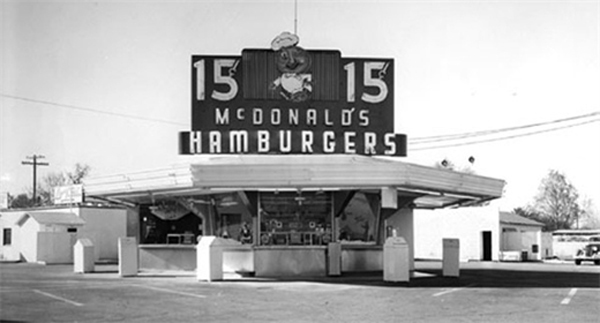Air Operations, Europe
- The RAF Bomber Command begins its strategic air offensive against Germany. 99 aircraft are sent to attack oil installations and marshalling yards in the Ruhr. The targets are only slightly damaged for the loss of 1 aircraft. The Germans announce that they consider the city of Brussels a legitimate military target. Radio Brussels is bombed.
- In a disastrous climax to a futile three days of combat, the RAF loses more of its French based bombers, bringing the total to 100. Half the force was lost in 72 hours.
Atlantic
The British destroyer Valentine is sunk and the Winchester is badly damaged after being bombed in the Scheldt estuary. 31 sailors are killed and 21 are wounded.
[Battle of the Atlantic
- The Swedish steamer Rosenholm (1736t) is seized by German forces at Bergen. She is later renamed Oxhoft for German use.
- The French auxiliary minesweepers Duquesne II (189t) and Henri Guegan (251t) are sunk by mines at the entrance of the Scheldt River just southeast of the Wielingen Whistle Buoy.
- The Italian steamer Foscolo (3059t) is badly damaged by German bombing 6 miles northeast of Zeebrugge. She is abandoned and the survivors are taken to Zeebrugge. She sinks on the 18th. Also damaged by German bombing near Zeebrugge is the Greek steamer Evgenia (5839t). She is abandoned the next day and also sinks on the 18th. The entire crew is rescued.
Britain, Planning
This is a vital, symbolic day for several reasons. At crucial meetings of the Chiefs of Staff Committee and the War Cabinet, Air Marshal Dowding argues strongly against sending any more RAF fighters to France. Despite strong opposition Dowding has way. The decision is taken also to send the first strategic bombing raid against the Ruhr. Finally on this day Churchill sends the first in a long series of telegrams to Roosevelt, signing himself as Former Naval Person. He asks consistently for American aid, works to develop a good relationship with Roosevelt and above all to bring America close to active participation in the war. Not the least of Churchill's achievements as prime minister will be the way he cultivates this friendship. Already in this first message he presents a shopping list which includes old destroyers and aircraft as well as other arms.
[Holland, Politics
With the War in Europe a little less than 8 months old, the German Army is making steady advances westward. The latest country to fall under German occupation is The Netherlands, and on this May 15th in 1940, Queen Wilhelmina delivers an address from her relocated government, set up in London after having successfully evacuated two days earlier.
The news was looking grim. After her address, CBS News Correspondent Elmer Davis gave an assessment of events taking place elsewhere. The German Army is advancing in France, having broken through a weak link in the formerly impregnable Maginot Line. The fighting around Norway is all but over. The Germans are advancing on Belgium. It is wondered just how long France would be able to withstand the Blitzkrieg before finally capitulating. And all the time, the constant fear of an impending invasion of Britain.
A rather nervous day, to put it mildly, as presented by CBS Radio on May 15, 1940.(The Queen's Speech)
[Norway
A Luftwaffe parachute batallion from 1st Parachute Regt drops in to reinforce Narvik.
[United States, Home Front
McDonald's Opens |
 |
Western Front
The Dutch army capitulates at 1100 hours. Hoth's Pzrs defeat the French 1st Arm Div west of Dinant. The French div loses 125 of its 175 tanks. The German 6th Arm Div cuts off the retreat of Gen Corap's army, which is broken up and dispersed. By nightfall, the shattered French 9th Army is in full retreat west of the Meuse and its commander, Gen Corap, is replaced by Gen Giraud. The German 6th Army launches a major attack on the Anglo-French front in Belgium, but is bloodily repulsed. Gen Bilotte, commanding the French 1st Army Group, decides to abandon the Dyle line in the face of von Reichenau's attacks. His superior, Gen Georges, concurs with the decision and is now in fact beginning to lose his nerve. At this stage Gamelin, the Supreme Commander, remains oblivious and confident. The German 6th Army breaches the enemy lines between Louvain and Namur. The tank forces push forward, urged on all the time by their commanders who are up with the leaders and in complete control of the situation. Their momentum is maintained by this leadership. The optimistic atmosphere at French GHQ is partly dispelled by the news that Guderian's tanks have reached Montcornet less that 15 miles from Laon. Guderian is ordered to halt here but after vigorous complaints he is allowed another day's march. Gamelin at once informs Daladier, Minister of National Defence, how far the Germans have advanced. Daladier orders an immediate counterattack. Gamelin replies that he has no available reserves; the French army is about to collapse. [MORE]
[